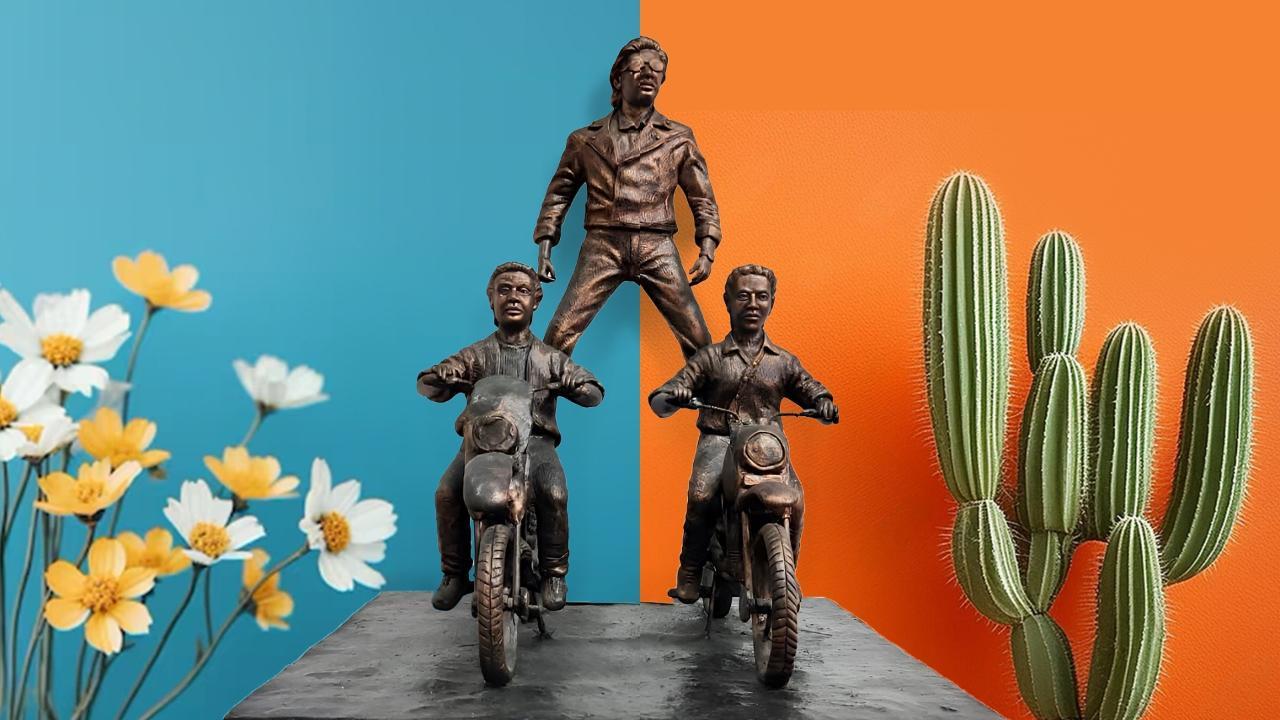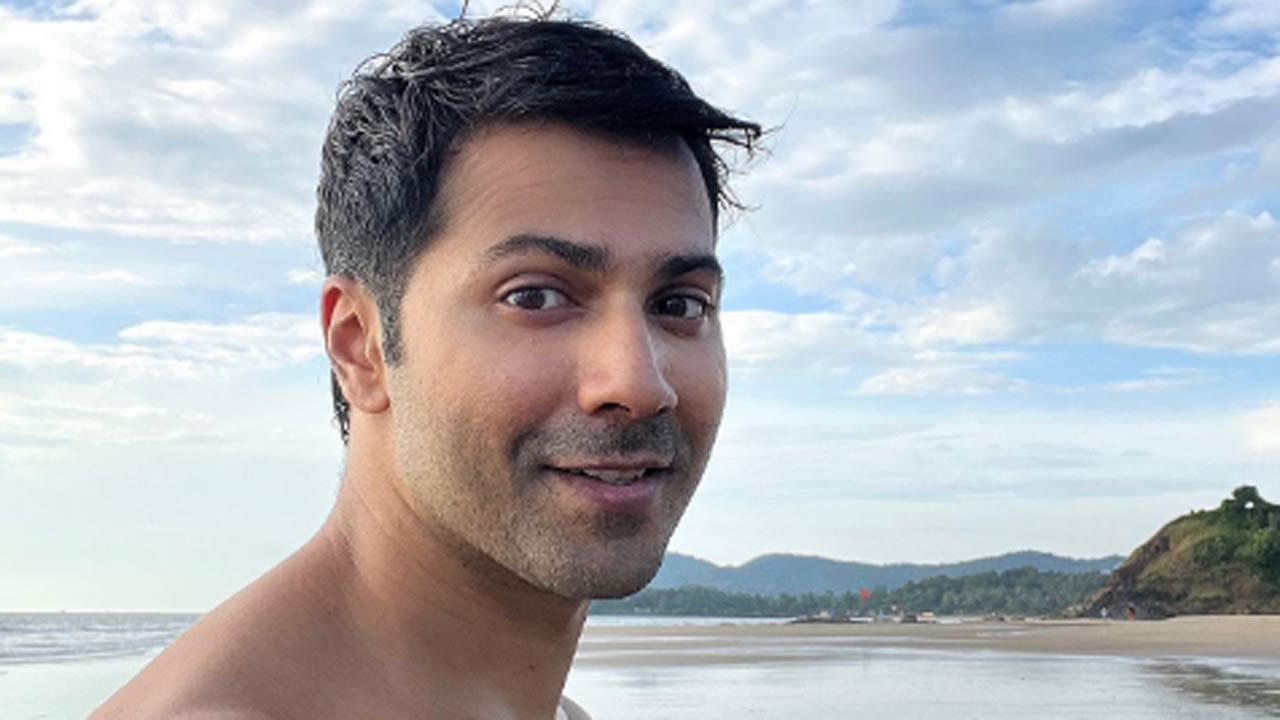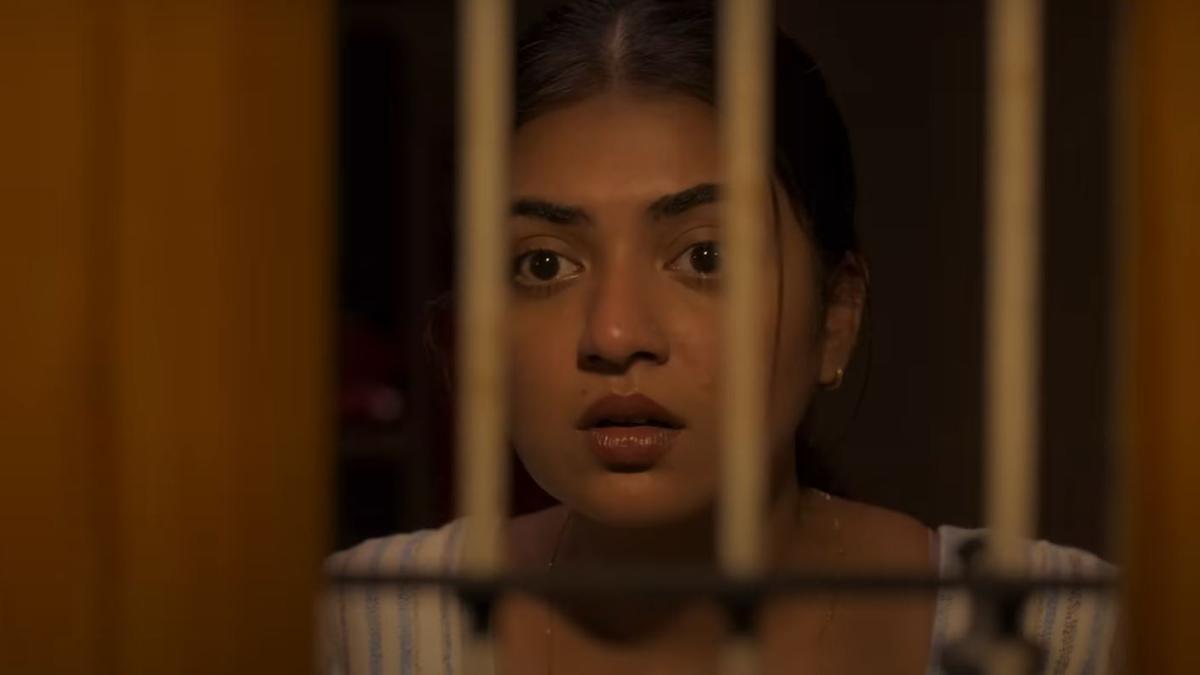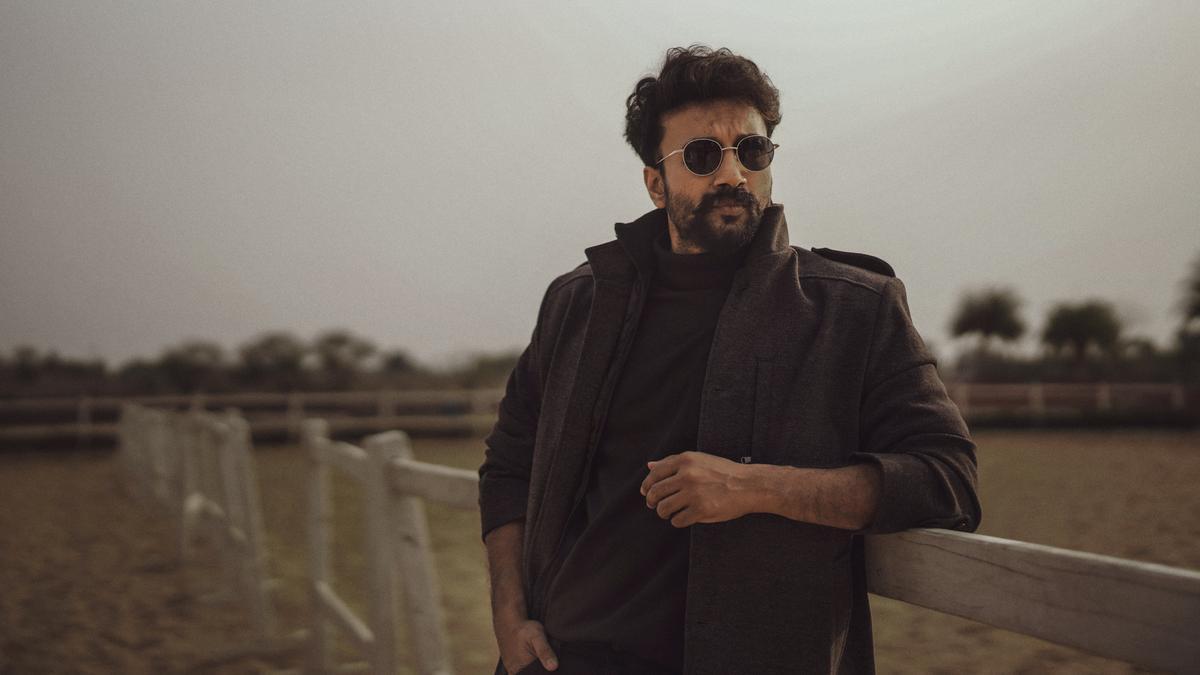
Liam Payne’s voice preluded an era of internet-fueled fandom with his warm and reassuring tones launching One Direction into superstardom. As the spirited chords and engaging cowbell sounds of “What Makes You Beautiful” resonate, Payne’s voice emerges, delivering lines of confidence and self-assurance. The boy band, one of the most significant musical phenomena of the early 21st century, introduced itself to the world with a song that became an anthem. In a few short words, Payne managed to connect with listeners, assuring them of their worth.
Tragically, Liam Payne passed away at the age of 31 after a fall from a hotel balcony in Buenos Aires, Argentina. His death on Wednesday has sent ripples of sorrow through the millions who grew up with his music as the backdrop to their formative years. Payne’s involvement in One Direction cannot be overstated; he was the voice that initiated their journey with “What Makes You Beautiful” and his was the last solo voice on “History,” One Direction’s final single. Through his voice, Payne marked both the beginning and the end of an extraordinary chapter in modern pop.
Even as the circumstances of his passing remain uncertain—Buenos Aires police have stated that it appeared Payne “had jumped from the balcony of his room,” though details on how this conclusion was reached or whether it was intentional are not clear—his legacy as a central figure in One Direction is undeniable. Payne was part of a boy band that not only dominated the charts but also transformed the dynamic between artists and their online fan bases.
In a notable FILE photo from Dec. 2014, we see Liam performing with his bandmates during the ’40 Principales Awards’ ceremony in Madrid, Spain. These performances solidified their presence in the music industry. Before reaching these heights, each member of One Direction had auditioned individually for the UK’s The X Factor. The show’s judges astutely combined Harry Styles, Niall Horan, Louis Tomlinson, Zayn Malik, and Payne into a single entity, which ultimately finished in third place in the 2010 competition—a novel starting point for a boy band, as noted by Rob Sheffield, contributing editor at Rolling Stone, who called their formation “unprecedented.”
Despite initial uncertainties about sustainability or producing successful hits, One Direction surpassed expectations, establishing a “new template for pop stardom,” according to Sheffield.
. Their journey allowed burgeoning fans familiarity with social media platforms like Twitter and Tumblr to actively participate in and document the group’s rise to fame, demonstrating a remarkable reciprocal engagement between artists and fans. Gabrielle Kopera, a fan from California, reflects fondly on the interactive experience, recounting how her Twitter account facilitated direct engagement with the band and friendships with fellow fans.
The band’s rapid ascent to international fame is a testament to the different media environment of the early 2010s, as discussed by Maura Johnston, a freelance music writer and adjunct instructor at Boston College. She notes how the interaction between mass media and social media platforms uniquely accelerated their popularity. Back then, the lack of algorithm-driven content meant broader exposure to their music, making them a household name.
Deeply personal connections to the band emerged from their individual personalities and the music that distinctly reflected their diverse artistic identities. The unique bond that Payne shared with his fans stands as a testament to his efforts beyond the music; he was seen as the “brooding” older brother within the band who co-wrote many of their later tracks.
Following the upsetting news of Payne’s untimely death, expressions of grief poured into makeshift memorials outside his Buenos Aires hotel, resembling the deep affection fans held for him. As Juana Relh, a young fan from the city remarked, the notion that “there will never be another reunion of the boys is unbelievable.”
Payne’s efforts to address personal struggles, including vocal reflections on battling alcoholism, illustrate a poignant narrative of a beloved artist facing the challenges that fame and personal demons bring. Despite these struggles, his legacy remains entwined with that of One Direction. It serves as a reminder of both the power and vulnerabilities present in the life of a music icon.
Even in the wake of the group’s 2016 disbanding and a relatively quiet solo career thereafter, Payne’s contributions to pop culture remain significant. His generous acknowledgment of One Direction’s shared history with fans at his solo shows illustrated his genuine connection to those years, and his final bow was a testament to the journey he shared with countless others.
As fans remember Liam Payne, his voice and presence will forever linger in the song of a generation.










